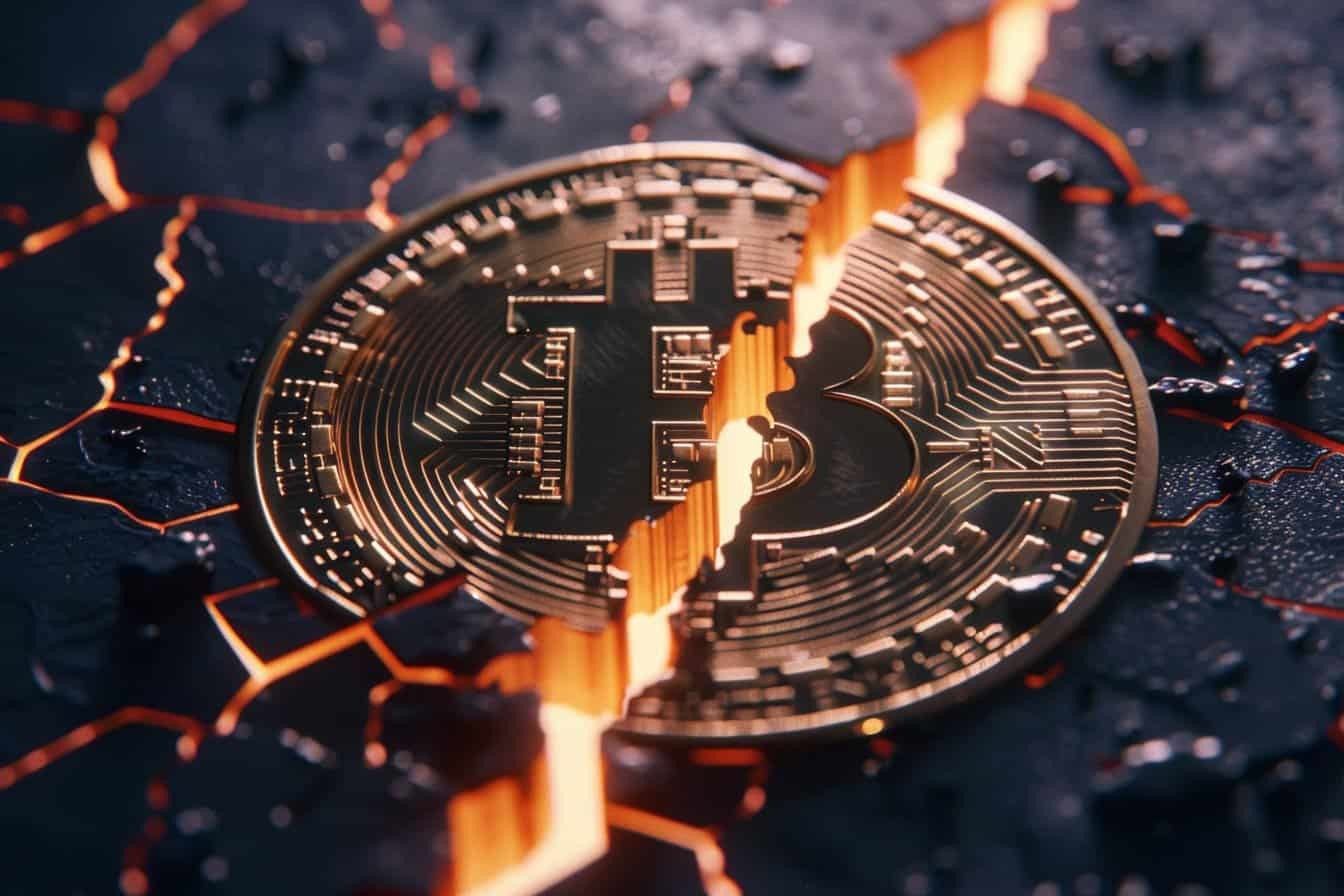
El Salvador has officially ended Bitcoin's status as legal tender, marking a dramatic reversal of its groundbreaking cryptocurrency experiment. The country's Congress passed reform legislation on January 29, 2025, making Bitcoin acceptance voluntary rather than mandatory.
The policy shift comes as El Salvador seeks a $1.4 billion loan from the International Monetary Fund (IMF). Under the new law, businesses can now refuse Bitcoin payments, and the cryptocurrency cannot be used for tax purposes.
The change represents a stark departure from 2021 when El Salvador became the first nation to adopt Bitcoin as legal tender. Despite President Nayib Bukele's initial enthusiasm, the experiment failed to gain traction among citizens, with surveys showing 92% of Salvadorans avoided using the digital currency.
"If someone owes you money and wants to pay you in bitcoin, you can refuse to be paid in bitcoin," explained economist Carlos Acevedo, highlighting the reform's core change. Another economist, Rafael Lemus, was more direct: "Bitcoin no longer has the force of legal tender... it didn't work."
The reform particularly impacts merchants, who previously had to accept Bitcoin and display prices in the cryptocurrency alongside the U.S. dollar. Now, businesses can operate solely in dollars if they choose.
Despite scaling back Bitcoin's role, El Salvador's government maintains its cryptocurrency investments. Ambassador to the U.S. Milena Mayorga confirmed on February 1 that "President Bukele continues buying bitcoin," though she acknowledged the path "hasn't been easy."
Many citizens expressed relief at the policy change. Juana Henríquez, 55, shared her experience: "I used it and didn't like it... very complicated and risky. This is not for an employee who barely gets by on their salary."
The government currently holds 6,055 bitcoins, valued at approximately $634.8 million. However, questions remain about the transparency of these public investments amid cryptocurrency market volatility.
This policy reversal signals the end of a bold financial experiment, as El Salvador balances domestic economic realities with international financial obligations. While Bitcoin's mandatory status ends, its influence on the country's financial landscape continues to evolve.